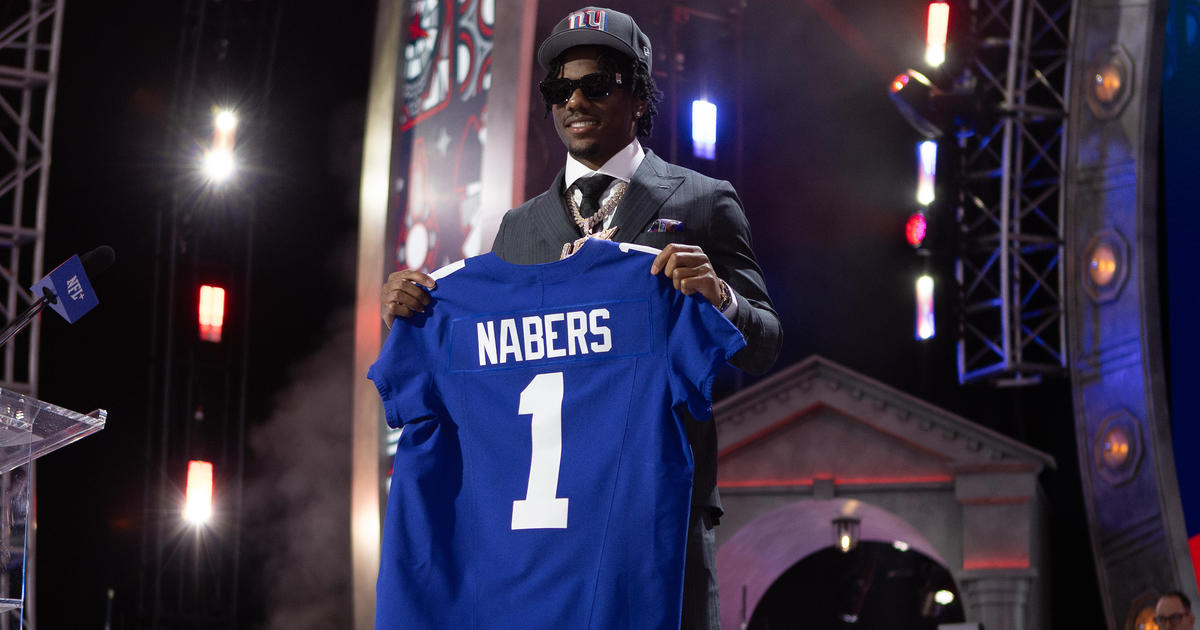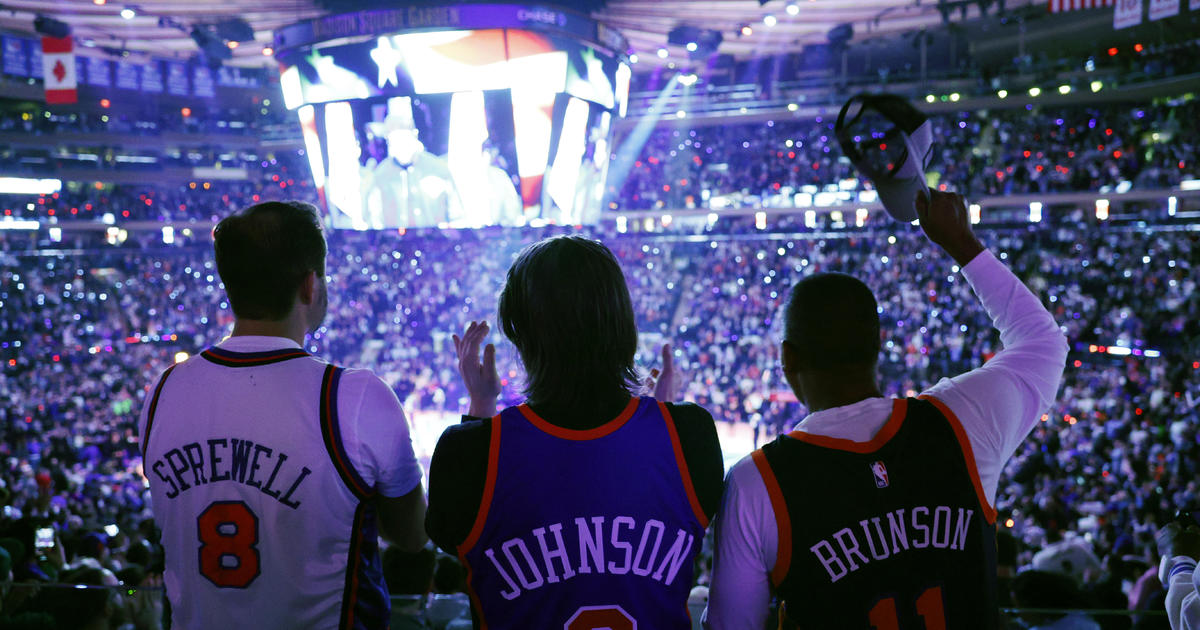By The Numbers: Numbers And Poetry
By Father Gabe Costa
» More Columns
This is a great time of the year. We are in the midst of postseason play, looking forward to its culmination in yet another World Series. The passion, beauty and geometry of Baseball seem to come together in a special way in the Fall Classic.
For this episode of By The Numbers, I thought I would share some poetic writings with the reader. With the exception of the first and last pieces, everything has been taken from Elysian Fields Quarterly, which I have referenced by the volume and number. In some of these reflections, there is at least an implied reference to numbers; hence, the title of this particular blog.
I hope you enjoy these as much as I did.
"It's designed to break your heart. The game begins in the spring, when everything is new again, and it blossoms in the summer, filling the afternoons and evenings, and then as soon as the chill rains comes, it stops, and leaves you to face the fall alone." – Dr A. Bartlett Giamatti
The Last Time I Saw Maris
By Louis Phillips (Vol. 23, No. 4)
The last time I saw Maris,
It was a summer night
I followed the whiplash of his bat,
Ev'ry Yankee fans' delight.
The last time I saw Maris,
His pursuit of Ruth was hot
With homers flying out,
Flyballs no fielder ever caught.
The chorus of his cheering fans
Was the music that I sought.
The last time I saw Maris,
Slugged 61 that day
No matter how they change the game,
I'll remember him that way.
Seventh-Inning Revolution
By Jeff Gerhardstein (Vol. 24, No. 1)
Broomsticks demarcate a baseball diamond,
no man's land between China Town and Coogan's Bluff.
This is the city of lost geographics, black and white
photographs standing in for reality.
A city built on dried tears and broken promises,
a plain of gray fog and rice paper banners.
The Great Leap Forward stands on deck
as the pitcher rubs sweat on his woolen knickers.
The batter swats the future into an alley
behind Chairman Mao's Imperial Garden on Fourth and Wally Pipp.
Top of the seventh a Red Guard beans Ray Chapman
as he squares to bunt dogma down third.
As the dying man languishes in the dust
a horde of flies infuriates the crimson sky.
Ted Williams (1972)
By Red Shuttleworth (Vol. 21, No. 3)
"Dip the rear shoulder as you land
your front foot and you won't lunge
on a Wilbur Wood knuckler, goddammit."
With his best Texas Ranger hitting .250,
Manager Teddy Ballgame is tempted
to activate himself. He is fifty-four,
beefy, but how hard it is to sit back,
thrust hips and hands, and drill Wood's pus?
Williams, thirty-four inch Louisville Slugger in hand,
swaggers to the watercooler. On defense,
his boys are laboring to field routine grounders.
If he were twenty years younger….
Williams shuts his eyes: Korea, 1952, his F-9
fighter is aflame in the closest game he'll win.
The Highest Math
By Tim Suermondt (Vol. 17, No. 2)
The boy who couldn't do school arithmetic
had a field day computing batting averages,
ERAs, won/loss percentages.
In these matters
he demonstrated the skills and élan
required for the imagination to believe
the boy might easily have played
in the same league as Johnny von Neumann
who knew about numbers within
numbers and may have rooted
for the Cincinnati Reds too
just to show there is something
akin to justice in the world.
Billy McCool, Jim Maloney,
Chico Ruiz, Vada Pinson…an entire
team and a boy badly in need
of wins, kept alive and hustling
by the often inelegant elegance of statistics:
.238 5.56 .457
Baseball Heaven
By Anne Britting Oleson (Vol. 13, No. 2)
Not Astroturf. Live organist,
A sharp diamond of greens, browns
under the brillians summer sun
or a crisp starry night.
In this league are men enough
to field dozens of teams,
to play seasons of games.
The moment all have been waiting for:
now the nine take the field.
Cy Young's warm-up fastball
thuds into Mickey Cochrane's mitt.
Evers pivots between Tinkers and Chance
while Pie Traynor ranges behind.
In the outfield, Ty Cobb, Tris Speaker
and of course the Babe–
each stakes out his bluegrass territory,
Casey Stengel presiding over the wait.
Until at last, the golden moment arrives:
the announcer fitting earphones
over the shock of fiery hair,
drawing up to the mike: oh, doctor!
Yes, Red, it's time to play ball!
Number Seven
By Bishop John W. Flesey
It was a laser beam of light
Created by a small white ball
That rocketed that summer day
Above the screaming crowds below.
It crashed against the great back wall
Beyond the hanging filigree
Just inside the long white line
That told us it was fair and free.
As Number Seven rounded Third
The tumult of the crowd increased.
They thanked him for the mighty blast
That put the Yanks ahead at last.
One final note: Number Seven was penned by a personal friend, Bishop John W. Flesey. The bishop, a lifelong baseball fan, resides in Bergen County, New Jersey. I invite you to read his "Notes for the Poem: Number Seven" which follows below.
"Notes for the Poem: Number Seven"
One thing I think is so hard to measure by statistics is the pure sense of excitement that Mickey Mantle brought to Yankee fans. Perhaps I attended nine or ten games where Mantle homered, but anytime he came to the plate to bat, everybody stopped to watch. It seemed to me that even the vendors stopped selling hot dogs. They usually sat down on one of the steps in the aisle until his "at bat" was over.
His physical appearance had a lot to do with it. He was well built and handsome despite his severe underlying health disabilities. Then he wore the magical "Number 7" with the great Yankee pin stripes. He had the look of a perfect centerfielder. Of course, diehard DiMaggio fans would say that he was. Such are the benefits of having rooted for the New York Yankees.
I guess I saw Mantle at his best the day of that double header with the White Sox that I referred to in my poem. Again, if I remember correctly, Larry Doby hit a ball that appeared to go over the auxiliary scoreboard in right field in the old Yankee stadium. But I have this picture in my mind of Mantle leaping up to catch the ball before it went into the seats. The whole stadium was electrified. Earlier, Mantle had bunted safely for a single displaying the awesome speed which was his hallmark in the early years.
The old Yankee Stadium is long gone. It served as the perfect background for Mantle's exploits. For his loyal fans who remember him from their youth, in their minds' eyes, he will still be playing.
Next Blog: 50 Home Run Seasons



